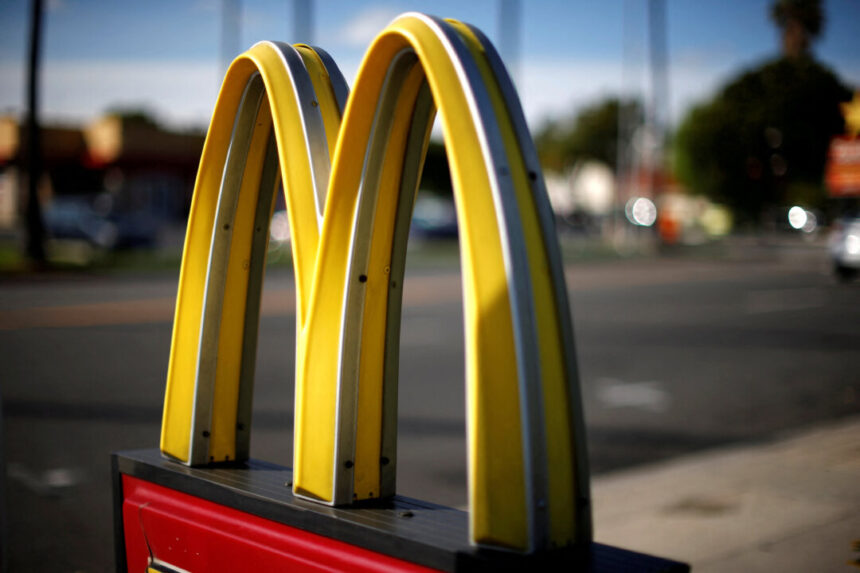McDonald’s experienced an unexpected decrease in global sales, marking its first decline in 13 quarters. This drop is attributed to budget-conscious consumers avoiding higher-priced menu items, such as Big Macs.
Rising inflation has compelled lower-income individuals to opt for more affordable food choices at home. As a result, fast-food chains like McDonald’s, Burger King, Wendy’s, and Taco Bell have turned to value meals to attract customers.
Despite a 15% decrease in shares this year, McDonald’s saw a 4% increase in early trading following the success of the $5 meal deal introduced in late June.
The company remains committed to its 2024 operating margin forecast and plans to carefully implement price adjustments to protect profitability.
In the second quarter, global comparable sales fell by 1%, contrary to the expected 0.5% increase. Overall revenue, however, saw a 1% rise.
CEO Chris Kempczinski noted a shift towards deal-oriented consumer behavior, indicating low consumer sentiment in major markets.
McDonald’s recent introduction of the $5 meal deal aimed to attract customers who have reduced their restaurant visits due to financial constraints.
Analyst Brian Yarbrough highlighted the impact of decreased visits from low-income consumers on McDonald’s, overshadowing the usual trade-down trend during economic challenges.
These results align with Coca-Cola CEO James Quincey’s observations on reduced activity in North American dining-out channels.
The company plans to maintain its capital expenditure budget, with a significant portion allocated for new restaurant openings in the U.S. and international markets.
In the U.S., comparable sales dropped by 0.7% in the second quarter, while international sales declined by 1.1%, with weakness observed in France.
Challenges in China’s recovery and the Middle East conflict impacted McDonald’s business segment, leading to a 1.3% decline in sales compared to the previous year.
McDonald’s, along with Starbucks, faced sales setbacks in the Middle East due to consumer boycotts associated with the Gaza conflict.
Despite earning $2.97 per share on an adjusted basis in the second quarter, McDonald’s fell short of the expected $3.07 per share.
By Savyata Mishra






